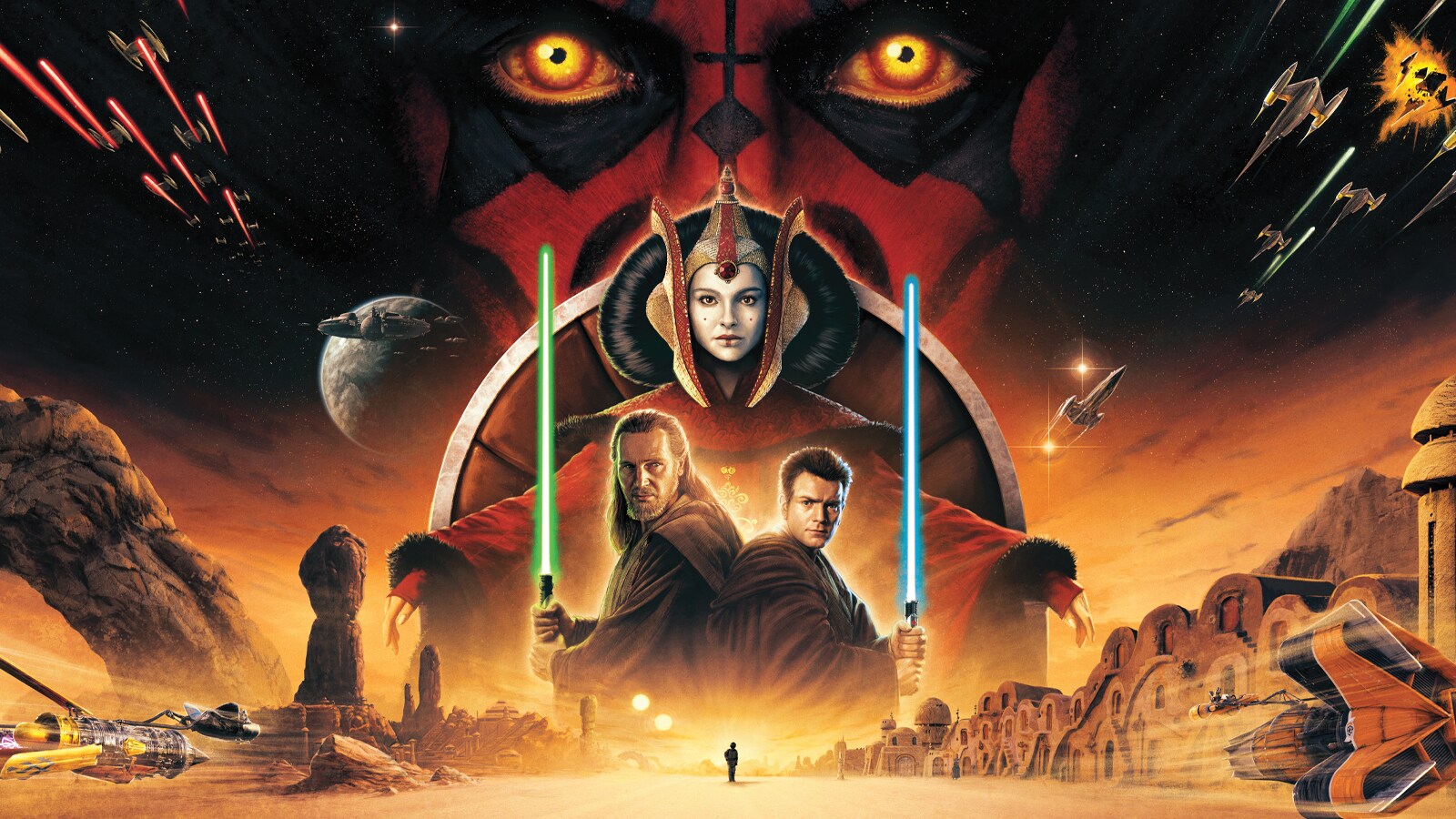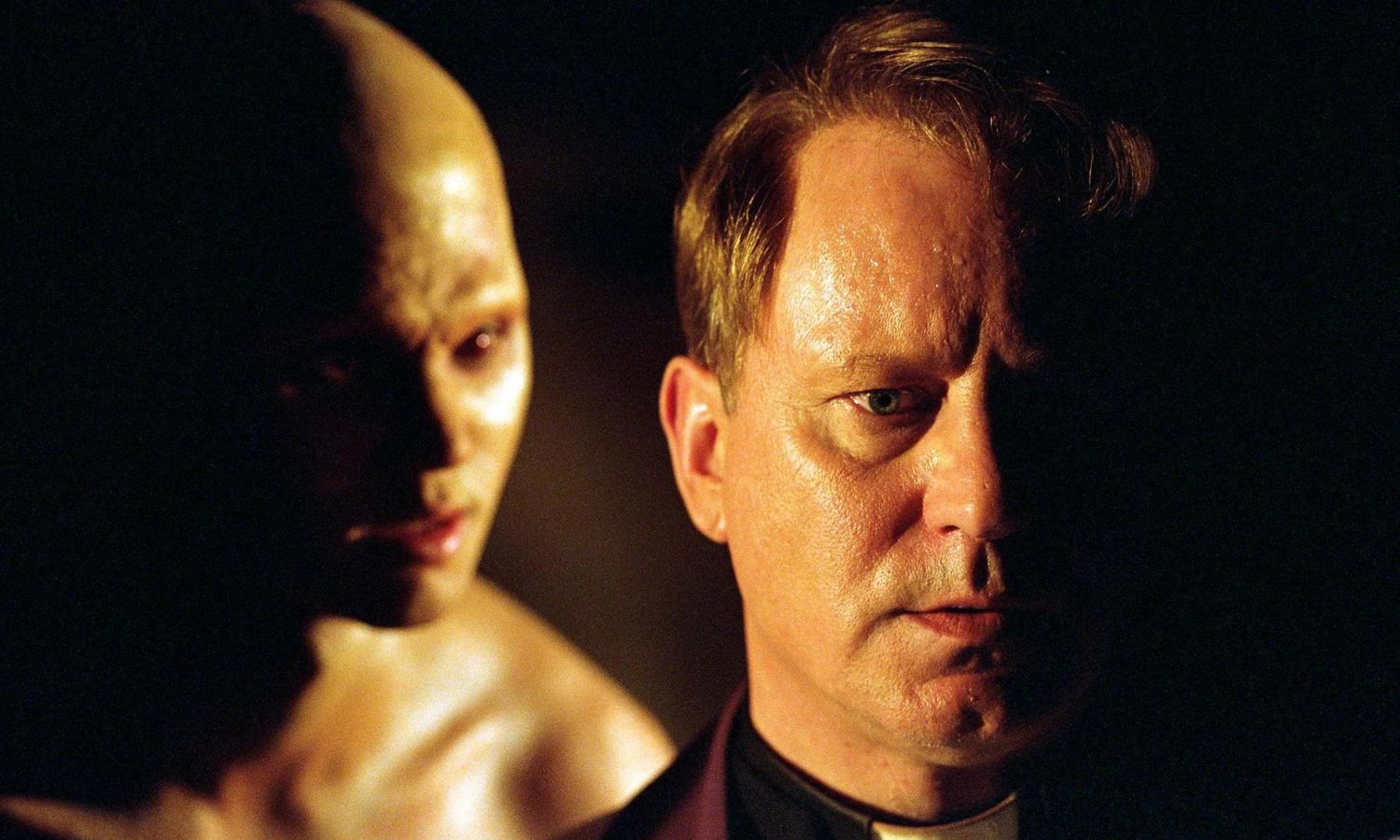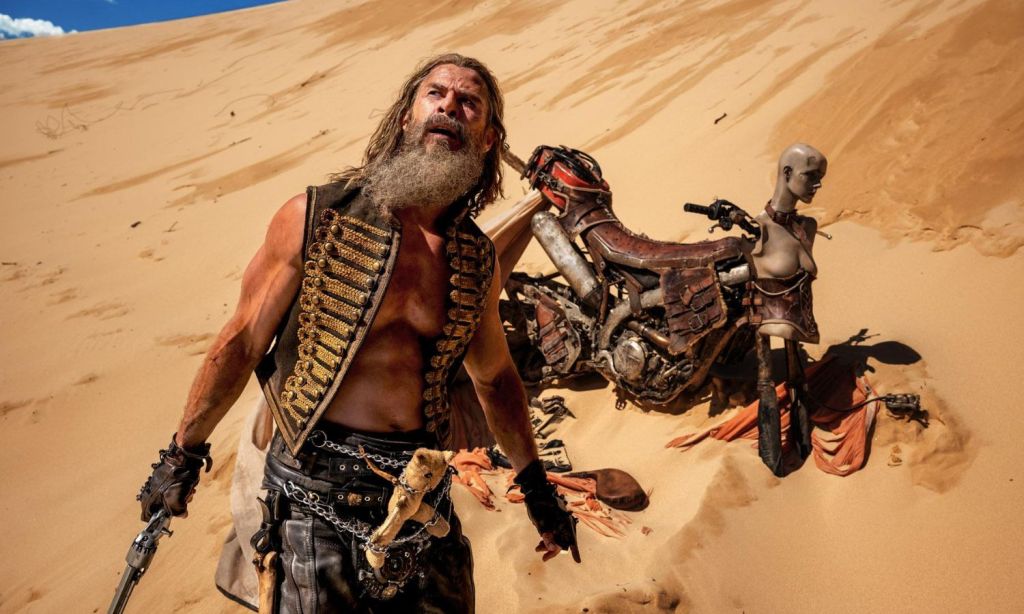“Marty, I didn’t invent the time machine for financial gain! The intent here is to gain a clearer perception of humanity. Where we’ve been, where we’re going, the pitfalls and the possibilities, the perils, and the promise. Perhaps even an answer to that universal question, ‘Why?’” – Doctor Emmett Brown, Back to the Future II
It was June of 1999 and the anticipation among Star Wars fans was at a fever pitch with Star Wars: Episode I – The Phantom Menace about to premiere in cinemas.
Sixteen years after The Return of the Jedi seemingly put a cap on the Star Wars saga, Star Wars: Episode I – The Phantom Menace marked the beginning of a prequel trilogy written and directed by Star Wars mastermind George Lucas that would shed light on the origins of Darth Vader and the rise of the Empire in a galaxy far, far away.

“I never really intended to do the Star Wars backstory,” said Lucas in an interview with the American Film Institute. “It wasn’t written as a movie, and technically couldn’t be done when I finished Return of the Jedi. But now I had the technology. ILM had developed digital technology to the point after Jurassic Park that I could actually consider doing some of the things that were thought about in the backstory.”
Several years and billions in box-office dollars later, and the consensus from the Star Wars faithful was: “George Lucas ruined our childhood!”
Such is the plight of the prequel, the desperate last attempt to squeeze another dollar out of a film franchise before the eventual reboot. As a form of storytelling, the prequel is a tricky endeavour, with fates predetermined and character arcs made redundant. It is essentially a backstory stretched out to a feature film, and as the following examples show, the track record for the film prequel is more miss than hit.
The first known example of a prequel was the 1920 German silent film The Golem: How He Came into the World, an early classic in horror cinema and the only movie in the Paul Wegener-directed Golem trilogy that survived WWII. The movie-going public did not have a chance to watch The Golem: How He Came into the World until it was restored and released in 2000, and then again in 2017 with the original score reconstructed and orchestrated.
Considered by many to be the best prequel is The Godfather Part II, but that comes with a caveat, with the follow-up to The Godfather both a prequel and a sequel, with the story of Don Michael Corleone (Al Pacino) and his descent into darkness juxtapositioned with that of young Vito Corleone’s (Robert De Niro) rise to power in Little Italy circa 1917. De Niro would win his first Oscar for portraying a character first immortalised by the legendary Marlon Brando.
Originally, director Francis Ford Coppola did not want to do The Godfather Part II. But after creative freedom was granted by Paramount Pictures, Ford Coppola devised the daring prequel/sequel structure as the basis for his story.
“I was interested in the idea of succession, showing a father and son both in their own time and drawing a contrast,” said Coppola to The New York Times. ”Whereas the father had presided over the family on its rise, the son presided over the family on its fall.”

Another 1970s classic that was given the prequel treatment was The Exorcist, which astonishingly had two prequels made featuring the same cast but different filmmakers.
The first prequel was the Paul Schrader-written and directed Dominion: Prequel to the Exorcist. Set in 1947, the film follows a young Father Merrin (Stellan Skarsgard) take on a demonic force in Kenya.
“The mantra back then was, ‘No spinning heads, no pea soup,’” said Schrader in an interview with BloodyNews. “We all sort of agreed with the idea that with all of the explicit horror blood and CGI and with all of the Exorcist copies and parodies, it’s virtually impossible to compete with the original Exorcist. It’s better to go a different route.”
When film studio Morgan Creek Productions complained that Schrader’s version of the Exorcist prequel was not scary, they brought director Renny Harlin to reshoot the film. The resulting Exorcist: The Beginning (which again starred Skarsgard as Father Merrin) was a grotesque spectacle of visual effects overkill that would bomb with critics and at the box office. Schrader’s version would eventually get a DVD release to slightly better reviews.
Better in quality yet equally forgettable was The Thing, a 2011 prequel to the John Carpenter 1982 horror cult classic of the same name that bombed with horror fans but also at the box office.
“The Carpenter version was so good and many fans were almost offended by the prequel and didn’t see the necessity for a follow-up,” said director Matthijs van Heijningen Jr. to SYFY Wire. “But now I fully understand that it was a bit early.”
A recent case of a prequel bombing at the box office is Furiosa: A Mad Max Saga. Focusing on the origins of the Furiosa character that Charlize Theron played in the highly acclaimed, multi-award-winning Mad Max: Fury Road, the George Miller-directed Furiosa failed to pack cinemas with paltry box-office receipts despite strong reviews and Chris Hemsworth and Anya Taylor-Joy in lead roles. Reasons why are varied, but what is certain is that the Mad Max saga has seen the end of the road.
Releasing soon is Mufasa: The Lion King, the Barry Jenkins-directed live-action prequel to The Lion King. Disney by and far are the prequel kings, beginning with numerous straight-to-video prequels to animation classics such as The Little Mermaid, Hercules, and more. The grift continued with live-action prequels Maleficent starring Angelina Jolie and Cruella starring Emma Stone.
The reaction to the Mufasa: The Lion King trailer was overwhelmingly negative. Perhaps it has to do with audience fatigue over the slog of live-action Disney remakes over the years. Or perhaps when it comes to a film like The Lion King, or Star Wars, or countless others, there is a strong feeling of nostalgia tied to these larger-than-life movies, especially among the pop-culture-infused Generation X and beyond.
Messing with the past is a tricky business. The question of “I wonder what happened when…?” can never meet expectations, and when it comes to prequels, not enough care, effort, or affection is given to the psychological connection between viewer and film.
Don’t believe me? Just ask those Star Wars fans about The Phantom Menace.
Related: The Latch Selections: The Best and Most Anticipated Movies of 2024
Related: Dancing for the Devil and More Must-See Netflix Documentaries
Read more stories from The Latch and subscribe to our email newsletter.







